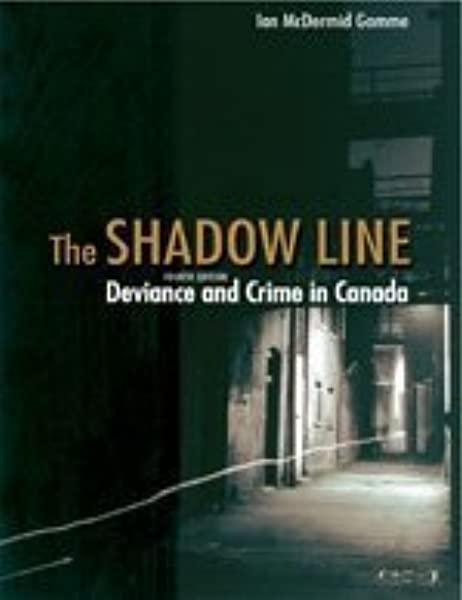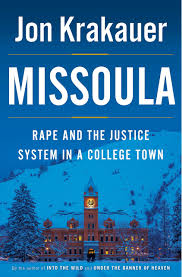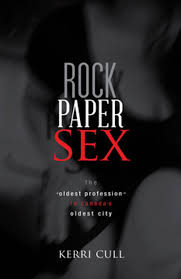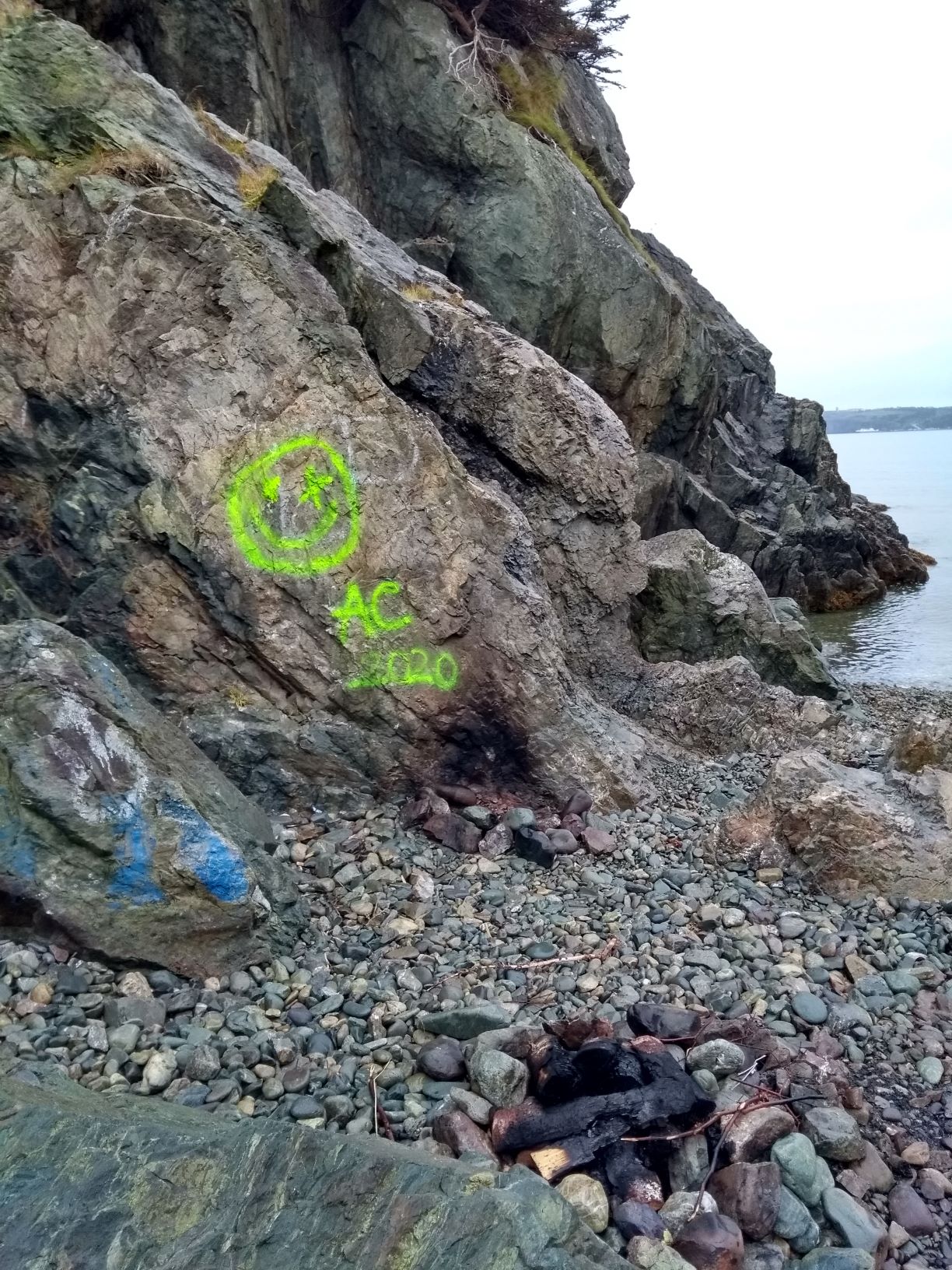Sociology 3290 (Deviance) OnlineAbbreviated course outlineLinda Cohen, Ph.D.Like beauty, deviance is in the eye of the social beholder. Look at the picture above. Is it art or vandalism? (The blue paint on the rocks in the foreground has been there since 1989.) Both objectively and subjectively defined, deviance varies across cultures and over time. We will explore some of that variation in this course, particularly throughout Canada, Newfoundland, and the US. The first half of the course examines our sociological response to deviance through theorizing. The second part applies some of this theorizing to current issues of deviance, including sexual assault, prostitution, mental illness, drug abuse, business crime, etc. Student writing and discussion are strongly encouraged throughout the course. Required texts and course materialsAvailable at MUN Bookstore and MUN Library database.



Study directivesThis course is delivered through a Brightspace website. The "course content" is divided into 13 weeks. Specific reading assignments for each week are listed in the reading schedule and at the beginning of each unit. We will communicate regularly on the Brightspace site during working days and there will be online rooms consultations throughout the term. Evaluation * |
|
| Weekly discussions / activities : | 30% |
| 2 critical analysis assignments: | 20% |
| Midterm examination: | 25% |
| Final examination: | 25% |
|
This evaluation may change at the beginning of the semester. 30% of the course grade is completed through a set of weekly activities. You must have reliable access to the Internet. There will be participation activties for 9 or 10 of the weeks assigned. Those that are set up around the books Missoula and Rock Paper Sex are mandatory for everyone. You will be able to miss 2 of the others without penalty. and you must contribute an answer in at least 7 of the 13 weeks of the semester.Examples of these activities include reflective discussions on video supplements for the course material or skills-building exercises using the assigned readings. Specific directions for each one will be posted in the course content and the relevant “discussion” site. In general, incorporate ideas from the course readings into your answers whenever you can, along with anything else you feel is relevant (e.g., from your observations or reading elsewhere). Each activity is described in the “Discussions” section of the course, along with the weekly deadlines. Your responses and contributions must be submitted in the designated Discussion area, by the weekly deadline . The examsThe midterm exam includes all of the material for Module 3 -- up to and including week 7. The final exam will only test from Unit 8 to 13. MUN will notify us of the final exam date through the Memorial Self Service.The exams will consist primarily of multiple choice and T/F questions, with one or two long answer questions. Exams are not returned to students.
CommunicationCommunication is especially important for distance students so you can contact me in a number of ways. I am available during a specific evening each week and you will be given the time, day, and my phone number by CITL at the beginning of the term. I don't mind getting phone calls at other times, so don't hesitate to call when you have to. You can also reach me by email and online during working days. You have daily access to online communications in the course website. In addition to the course content, this site is used for the online activities option (see above), course announcements and to go over content - related problems that come up throughout the term. Students can also get access to their grades through Brightspace. Memos will be sent out to students at the beginning of term and after the midterm exam is marked. Both of these contain a list of the readings you will study and review for the exams. The memos will alert you to any variations in consultation times, due dates, or assignments that are specific to the current semester. . Feel free to email me (Linda Cohen) with any questions you have. Other addresses: |
Department of Sociology, MUN
Centre for Innovation in Teaching and Learning
©Linda Cohen, 2020 (since 2003)
